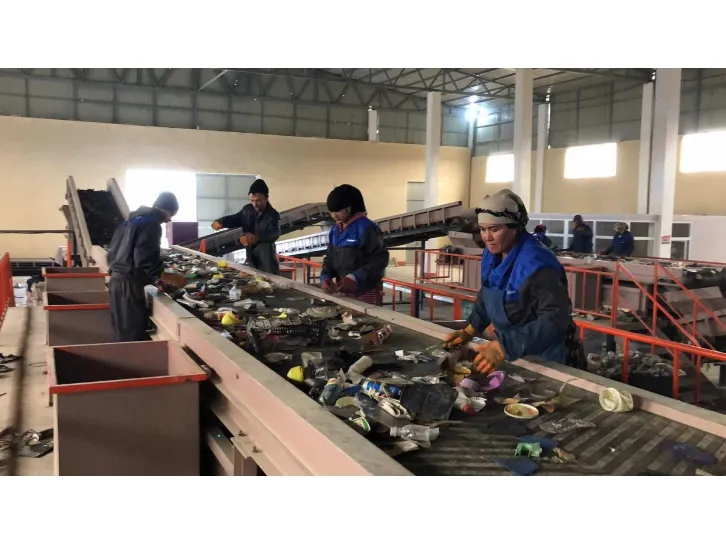

Сен . 10, 2024 23:23 Back to list
The Importance of Electronic Scrap Shredders in E-Waste Management
In the digital age, the proliferation of electronic devices has led to a significant rise in electronic waste, or e-waste. This includes everything from old smartphones and laptops to obsolete printers and televisions. The improper disposal of e-waste poses serious environmental threats, as it contains hazardous materials such as lead, mercury, and cadmium. To mitigate these risks and promote sustainable recycling practices, electronic scrap shredders have become pivotal in the e-waste management landscape.
Electronic scrap shredders are specially designed machines that efficiently reduce the size of electronic waste into manageable pieces. These shredders play a critical role in the recycling process by ensuring that e-waste is broken down into smaller fragments, facilitating easier handling and processing for further recycling efforts. By shredding e-waste, these machines not only help to recover valuable materials such as metals, plastics, and glass, but also help to eliminate hazardous substances that can leak into the environment.
The shredding process typically involves several stages. Initially, electronic devices are fed into the shredder, where powerful blades cut through the material. The resulting shreds are then sorted into different categories, allowing for the recovery of precious metals like gold, silver, and copper. This recovery not only conserves natural resources but also reduces the need for mining new materials, which can be both environmentally damaging and costly.

Moreover, electronic scrap shredders contribute to workplace safety. E-waste often contains sharp edges and hazardous components that can pose risks to workers. Shredding minimizes these risks by turning potentially dangerous items into small shreds, making them safer to handle and transport.
In addition, the use of shredders in e-waste recycling aligns with global sustainability goals. Many countries are adopting strict regulations on e-waste disposal, pushing for responsible recycling methods. By implementing efficient shredding processes, businesses not only comply with these regulations but also enhance their corporate social responsibility profiles. This shift towards sustainability can improve a company’s public image and attract environmentally conscious consumers.
In conclusion, electronic scrap shredders play a crucial role in the effective management of e-waste. They not only aid in the recycling of valuable materials but also help mitigate environmental hazards associated with improper disposal. As e-waste continues to rise, investing in advanced shredding technologies will be essential for creating a more sustainable future. Embracing e-waste shredding not only protects the environment but also paves the way for a circular economy, where resources are reused and waste is minimized.
Latest news
Troubleshooting Common Eddy Separator Problems
NewsJul.04,2025
The Role of Metal Recycling Plants in Circular Economy
NewsJul.04,2025
The Impact of Recycling Line Pickers on Waste Management Costs
NewsJul.04,2025
Safety Features Every Metal Shredder Should Have
NewsJul.04,2025
How Industrial Shredders Improve Waste Management Systems
NewsJul.04,2025
How Cable Granulators Contribute to Sustainable Recycling
NewsJul.04,2025